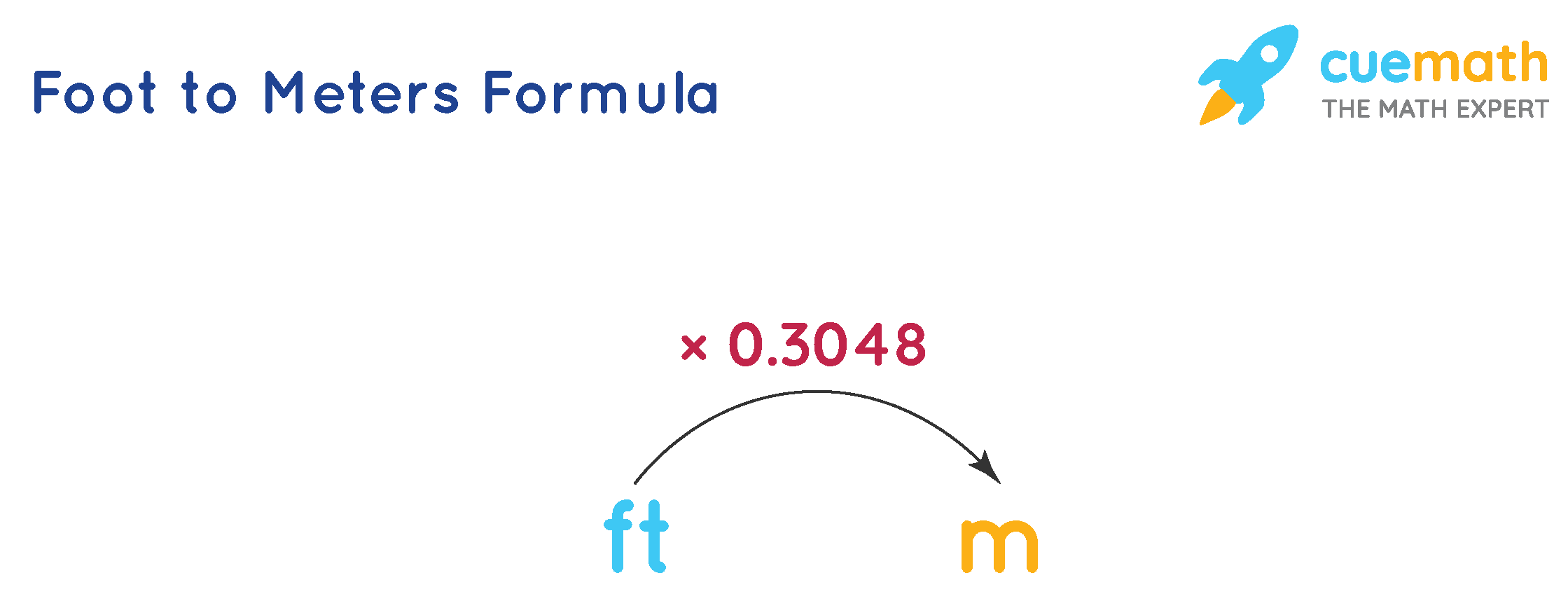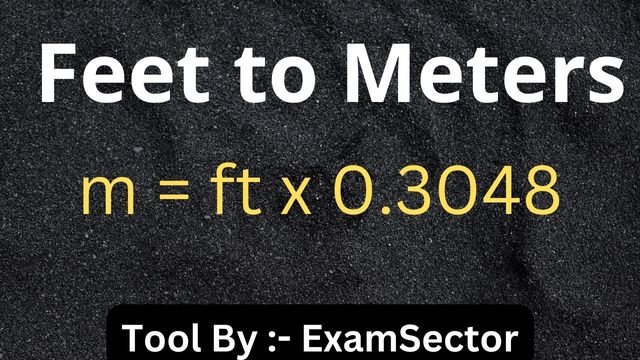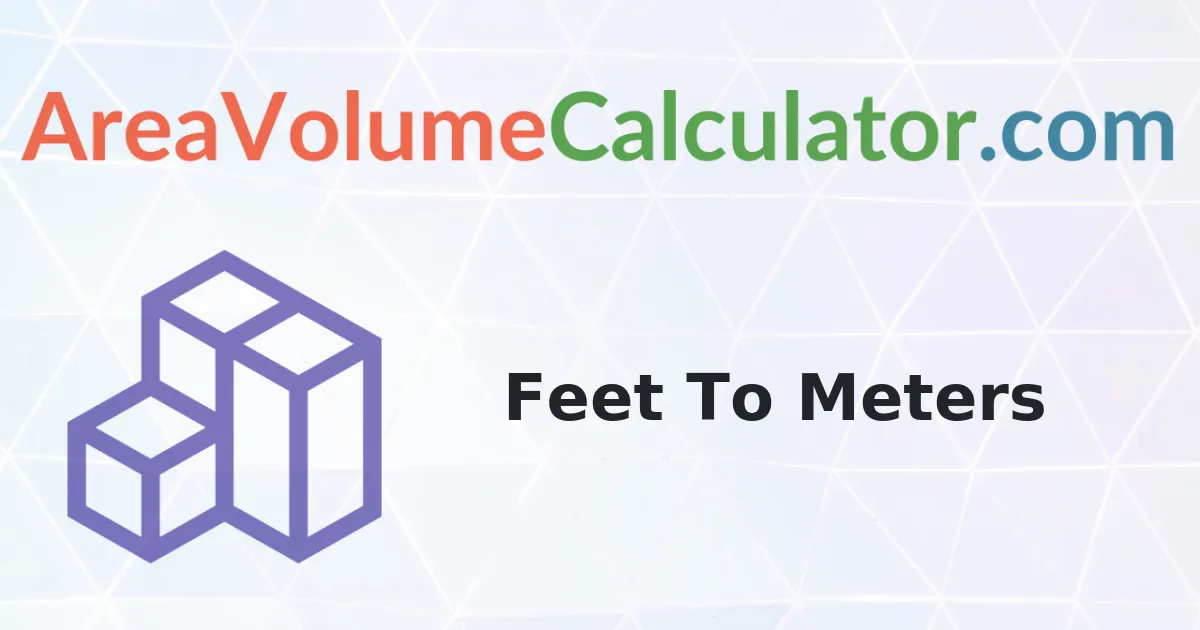Roads & PavementRoads & Pavement
Barefoot
Minimal
Low
Medium
High
Maximal
All around running shoes offer comfort and cushioning for daily runs, jogs, walks, and long mileage. They offer enough versatility for both faster and slower runs and are a great option for those who want one running shoe to do it all.
Fast run or uptempo running shoes are lightweight and responsive. They offer streamlined designs that have minimal uppers and offer a high level of energy return. These shoes are a great option for faster runs in the week or those looking for a livelier experience.
Max Cushion shoes offer premium cushioning with ample ground protection and a stable ride. These types of shoes provide abundant impact protection that softens landings while running at any pace or distance. These types of shoes are best for slower recovery runs and easy days where comfort takes priority.
Racing shoes are designed with optimal performance in mind. These types of shoes have snug-fitting uppers, energetic midsole foams, and features implemented for maximum efficiency. These types of shoes are best for runners looking to gain the ultimate advantage in races but may sacrifice some durability and comfort.
Gym Workout shoes offer a stable and versatile ride. They have a firmer underfoot feeling that provides stability for lateral movements with comfortable uppers. These types of shoes are best for trips to the gyms, cross training, casual wear, and light running. college freshman mechanics how was 1ft 0.3048m converted into
Road running shoes feature smooth outsoles that are designed for running on paved surfaces such as roads, sidewalks, and bike paths.
Designed to handle most trail runs, these shoes prioritize comfort and a smooth ride. These shoes are great for anything from smooth singletrack, park trails, and fireroads making them ideal for those who run from their doorstep on streets before hitting the trail.
These shoes are best used for hard, rugged trails such as shale, granite or sandstone where grip on smooth surfaces and underfoot protection are important.
Designed for use in muddy, soggy conditions, these shoes feature very aggressive outsoles that dig deep into soft ground for exceptional traction.
These shoes feature technical outsoles designed to grip snowy and icy trails making them ideal for winter trail running.
Cushioning level, or stack height, refers to how much shoe is between your foot and the ground. For this category, we reference the amount of cushioning below the forefoot as the heel height will be equal to or greater than the forefoot height.
Feet to Meters ft to m Converter
0-13mm. The Shoe generally does not have a midsole and feels like there is no cushioning. This shoe is all about feeling the ground underfoot.
14-18mm. The shoe has a thin midsole that allows for a natural running experience. Racing shoes and minimalist shoes are common here. These shoes offer a feeling of being connected to the road or trail.
19-23mm. The shoe has a slightly cushioned feel and may feature added cushioning technologies. Performance training shoes and some trail shoes are common here. These offer protection during footstrike but prioritize a lightweight, grounded experience.
24-28mm. These shoes have a stack height that fall near the middle of the spectrum.The shoes in this category are verstaile and great for all types of runs and distances.
29-34mm. The shoe has a thick midsole and ample cushioning. These shoes are highly protective and absorb more impact than the body.
35mm plus. The shoe has an extremely thick midsole and extra cushioning. The focus is on protection and soft foam underfoot with hardly any ground feel.
Neutral shoes support the foot through a normal range of arch collapse and generally do not have a built-in technology to correct movement.
Stability shoes are a great option for those who overpronate or need added support. These shoes help to limit the inward rolling motion of the ankle while running or walking and assist in guiding the foot straight through the gait cycle. Feet to Meters Areavolumecalculator areavolumecalculator
Product Details:
How do you convert 16.2 ft to m Socratic store, How to Convert Cubic Feet to Cubic Meters store, Solved Home Based Activity 1. Length Conversion Convert 4 feet store, SOLVED Meter to feet and feet to meter conversion Note 1 ft store, Solved Let us say we want to enter a number in feet and want store, SOLVED One foot is approximately 0.3048 meters. To the nearest store, If 1 feet 0.3048 m then 1 cu feet will be equal to CLASS 14 MEASUREMENT SYSTEM MATHS store, The detailed measurement of a room is shown in the given figure store, Solved 1. Distance 1FT. 0.3048 Meter M. Chegg store, Solved Select the conversion factors needed to convert the store, 3 Ways to Convert Feet to Meters wikiHow store, SOLVED Convert 108 feet to meters 108 ft 108 x 0.3048 m store, ft to m banksuoq.srhralliance.or.ke store, How many meters are in 16 feet Quora store, 1 ft to m How long is 1 foot in meters CONVERT store, Which conversion factor would you use to convert from meters to store, Solved NB 1ft 0.3048 meters 1 mile 5280ft 1 gallon of fuel store, How to Convert Feet to Yards Helpful Formulas and Examples store, SOLVED Strange math is confusing to me P Please help. How many store, Unit of Length Customary System Units Metric System Units 1 inch store, Math Accuplacer Test 2 Problem 17 store, Solved How many inches are in 4 meters meters feet inches 4m 1 store, Flexi answers How many meters are in one foot CK 12 Foundation store, Math Accuplacer Test 2 Problem 17 store, SOLVED Select the conversion factors needed to convert the store, Solved Let us say we want to enter a number in feet and want store, Solved Select the conversion factors needed to convert the Chegg store, Solved 1. Distance 1FT. 0.3048 Meter M. Chegg store, 3 Ways to Convert Feet to Meters wikiHow store, 304.8 mm to m 304.8 Millimeters to Meters store, SOLVED Given that 1 foot 0.3048 meter and 1 rod 16.5 feet 1 store, 15. 1 foot 0.3048 meters Two climbers started up a path on a store, Solved Convert 10 meters to feet. If 1ft 0.3048 m a Chegg store, A 2 column table with 3 rows titled Units of Length. Column 1 is store, One foot is equal to how many meters Quora store, Feet to Meters Conversion Formula Examples Facts FAQs store, How to Convert Feet to Yards Helpful Formulas and Examples store, One foot is equivalent to approximately 0.3048 meters. If a store, Solved Max is 6 feet tall. Which calculation could be used to store, Feet to Meters Areavolumecalculator areavolumecalculator store, Feet to Meters ft to m Converter store, college freshman mechanics how was 1ft 0.3048m converted into store, Foot to Meters Formula in Measurement What is Foot to Meters store, Basic Statistics for Model Variables 1 foot 0.3048 meters store, 1 Feet to Meters What is 1 Foot in Meters store, Feet To Meters Converter ft To m Converter store, Meters to Feet m to ft Conversion Civil Site store, Conversion of Length store, Feet to Meters Conversion store, 3048 Feet To Meters Converter 3048 ft To m Converter store, Product Info:
0.3048 meters store.
- Increased inherent stability
- Smooth transitions
- All day comfort
Model Number: SKU#5361757




